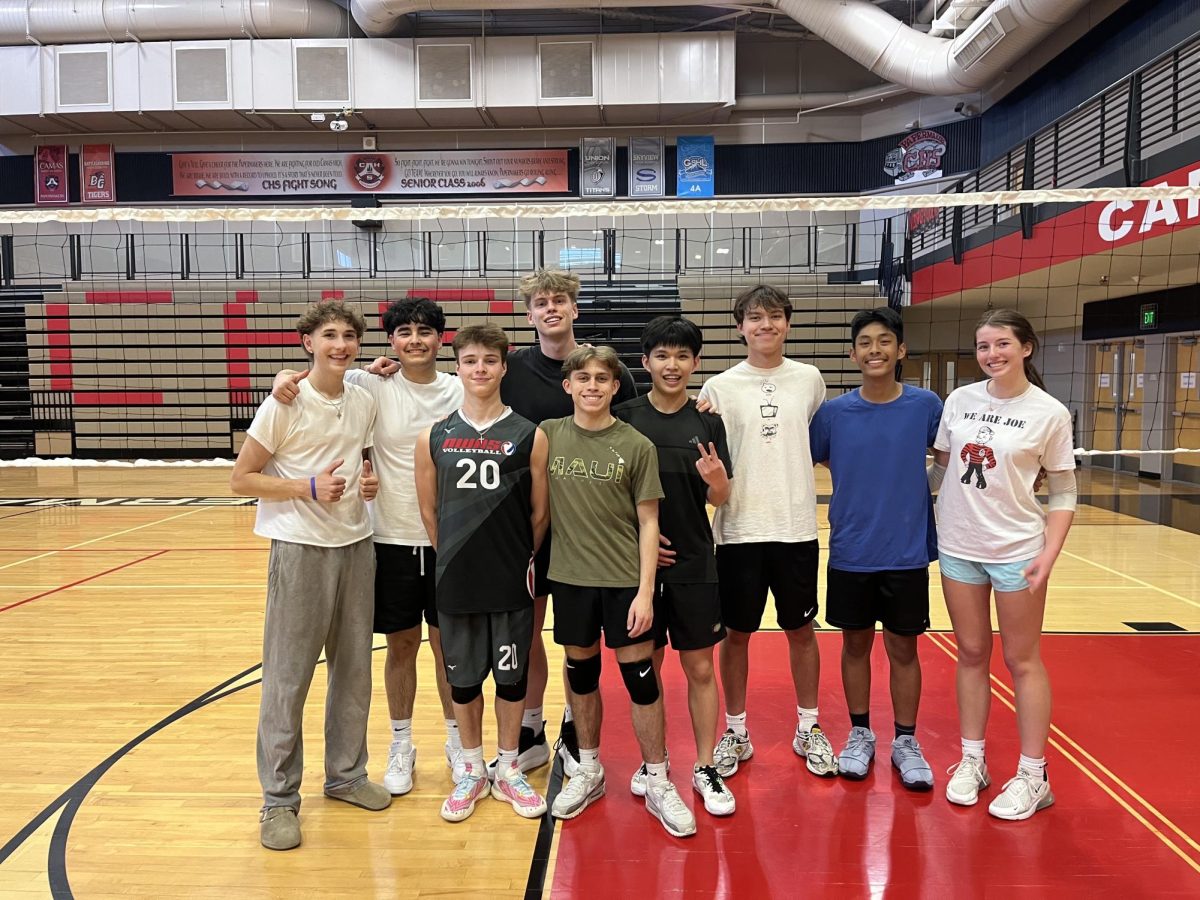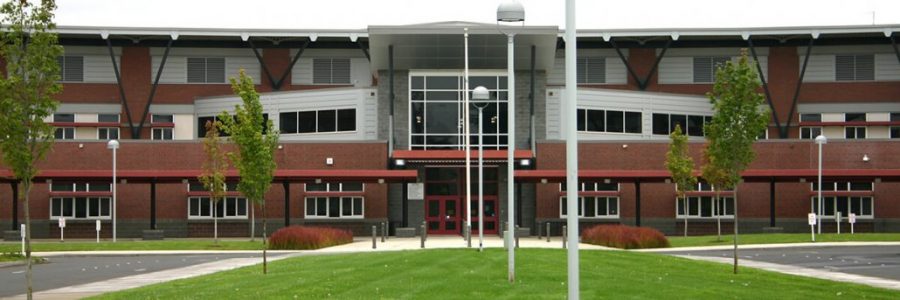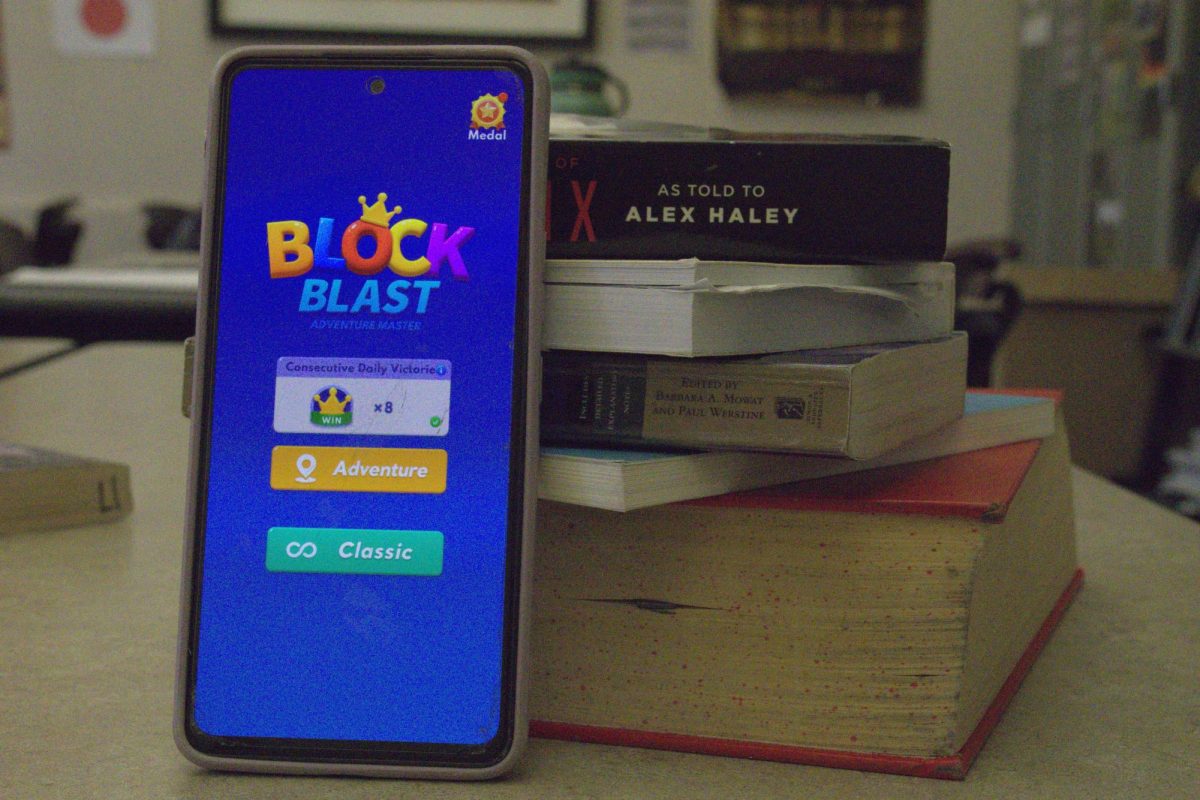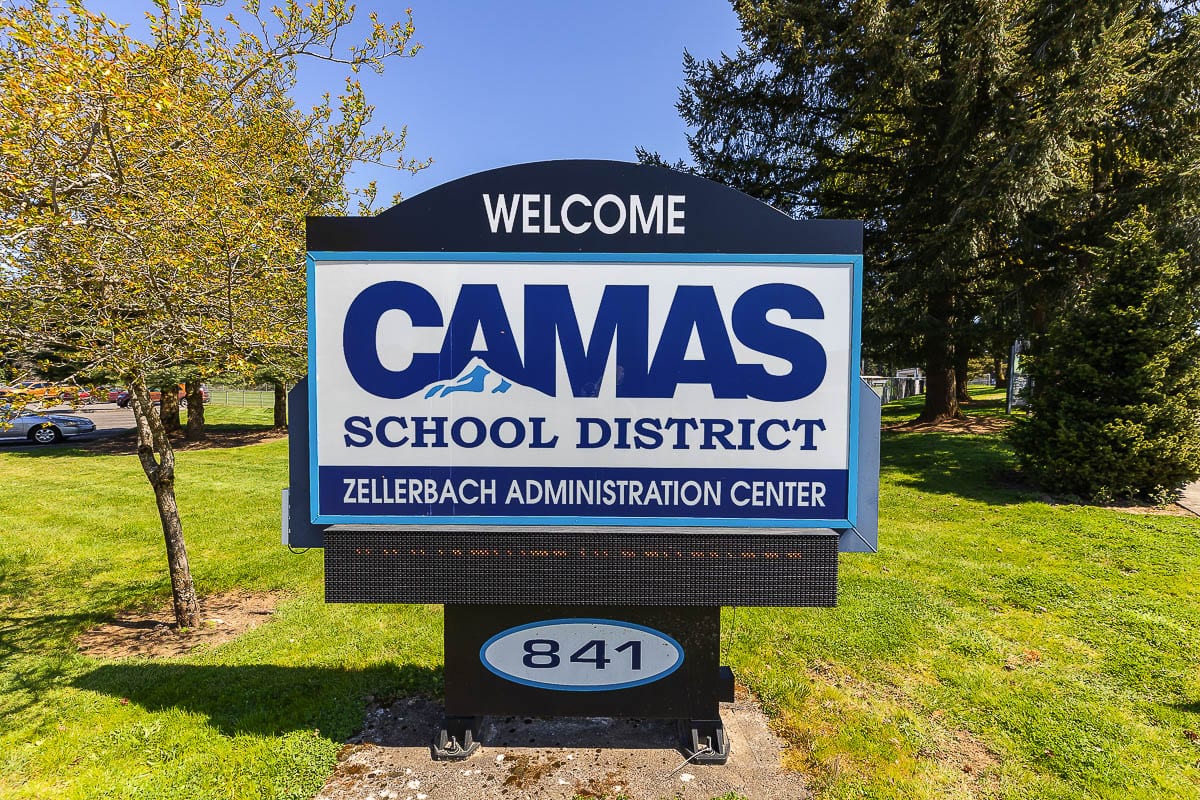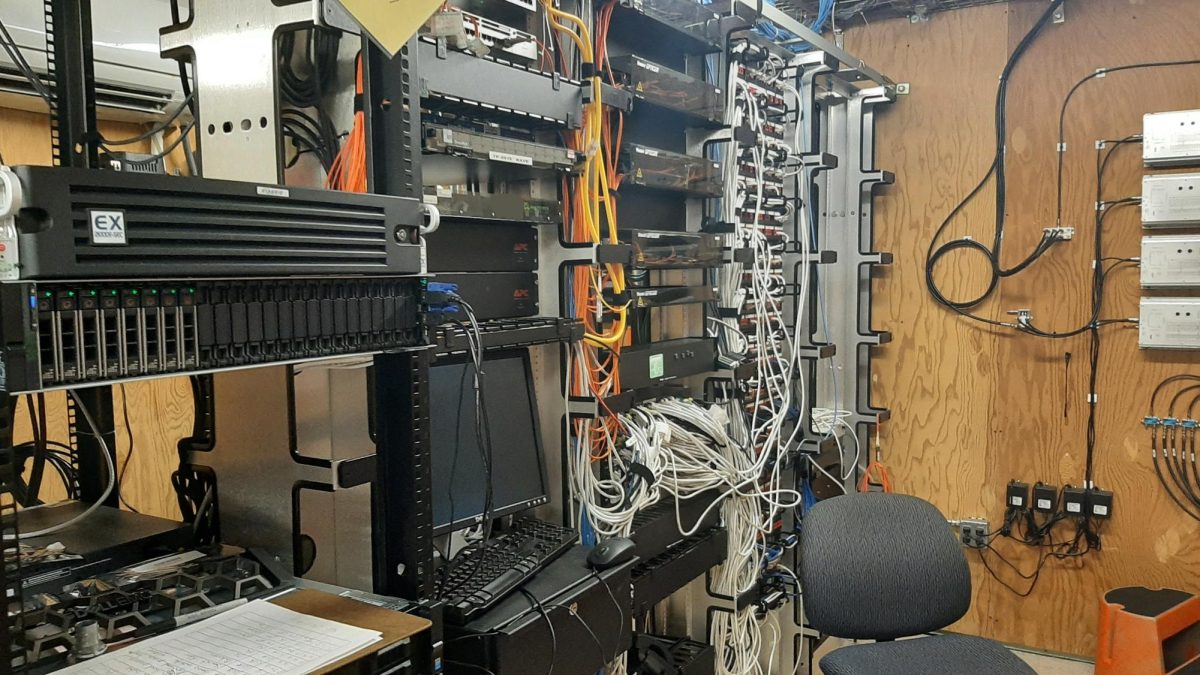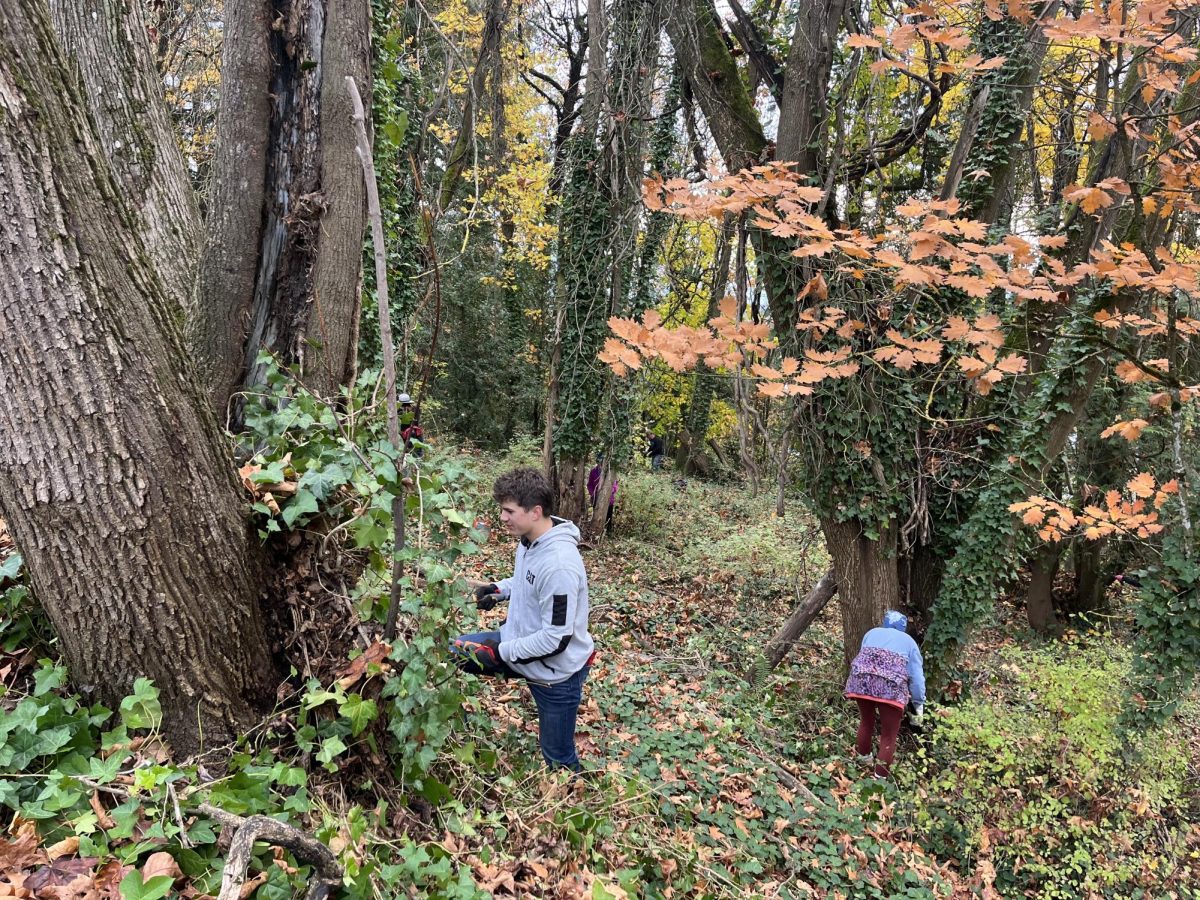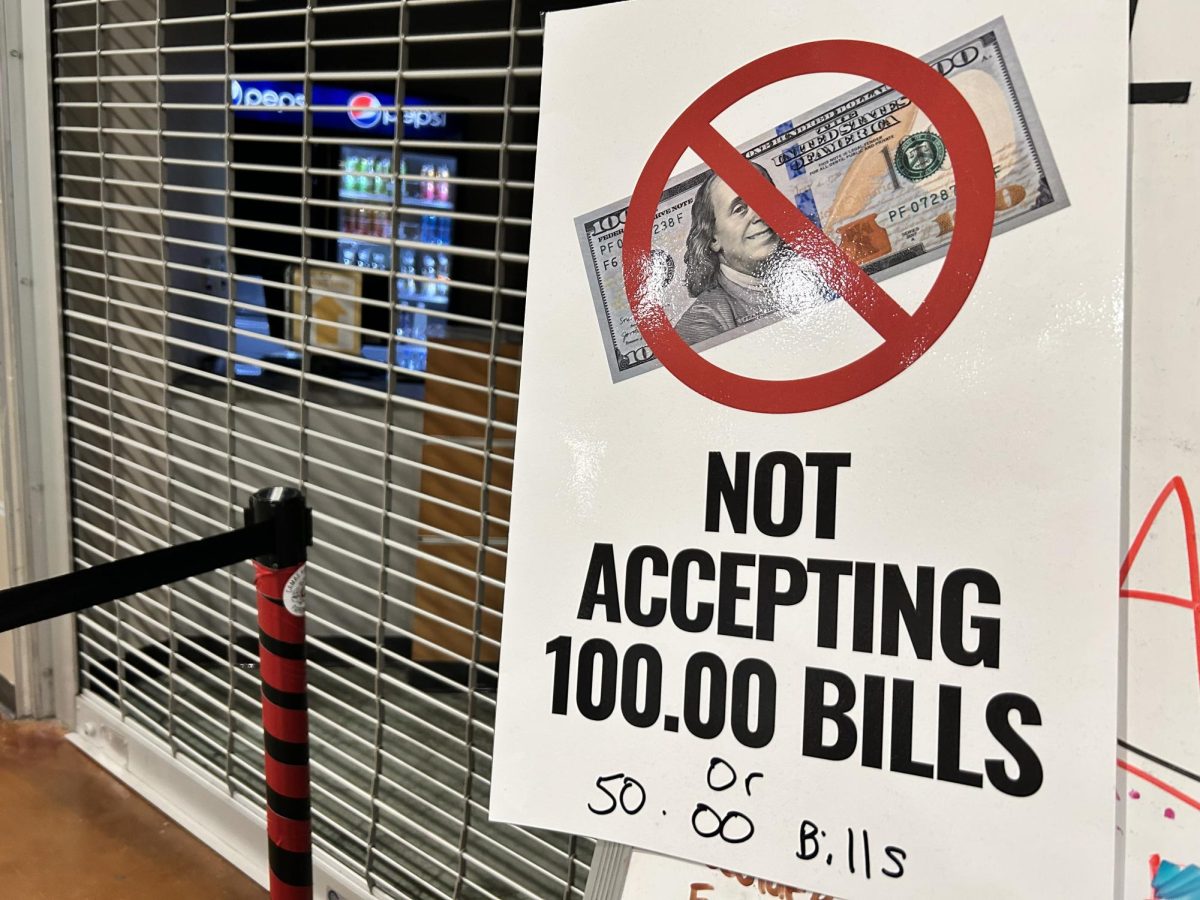As school districts across Washington state are moving towards hybrid learning, lawmakers are proposing different solutions to lower the risk of COVID-19 transmission at school.
Some of the proposals however are less favorable than others like Republican Senator Brad Hawkins’s proposal of swapping spring and summer break to allow for more people to get vaccinated.

Hawkins gave this proposal on February 19th. During the time when his proposal, there were 115 cases of Covid and 425 associated cases in the state of Washington for K-12 schools (Washington state department of health; Updated 2/26/2021). Taking this into consideration alongside Hawkins’s experience on the Early Learning and K-12 Education Committee for Washington, he urged schools across the state to consider swapping spring and summer break while maintaining the 180 day model for schools.
The swapping of spring and summer break was proposed in hopes of giving educators more time to get vaccinated, easing the frustration of remote learning on students and educators, and extending time to give educators the time to work out the logistics of bringing a majority of students back on campus.
This proposal sounds like it would fix a majority of the issues that students and educators are facing with the transition to hybrid learning, but it does not consider the student body and how they feel about breaks.
Many CHS students are worried that it scenario was a real possibility. Some had good points and brought up that this proposal seems abrupt and too drastic of a change to make a difference for students.
CHS Junior Calder Thornberry said, “It won’t pass. It is too drastic of a change and honestly, it is something that was proposed too late for it to be worth it for everyone.”
Students and educators are used to the current school model and many are looking forward to summer break and the time to relax after testing. Summer break is highly regarded and is something that people look forward to. Whether it is swimming and exercising outside, hanging out with friends, or even getting summer jobs, summer break is pivotal for students and educators across the state. If the break was lost then it would be upsetting for the community.
CHS Senior Ryan Glaze said, “Aside from the cultural power that summer break holds, there are too many things such as summer programs and internships that take place in summer.”
In the summer, internships, summer jobs, job training for classes, and summer learning programs are things that often run on strict schedules. Internships and summer learning programs rely on the free time students have during the summer to be able to properly train and teach students. Summer jobs rely on the time away from school to give students the most hours of working to earn enough money for their needs. In addition, certain classes like iQ need the summer to train students on how to perform certain tasks legally and safely.

Glaze said, “Adjusting our school schedule to accommodate summer learning will put students taking nationally scheduled testing like AP and IB at an extreme disadvantage because they will have much less class time before the test.”
If Washington state made the change from summer break to a longer spring break students taking nationally scheduled testing might not even have classes during the testing period. AP tests this year are primarily in May, which would be included in the spring break.
The time that is close to the start of summer is the in-school and at-home testing from June 1st-4th and 7th-11th (apcentral.collegeboard.org). The IB testing starts April 29th through May 21st at the latest (ibo.org). Students would not be in school for testing and therefore would not receive the proper test preparation they need up.

In the past few weeks, vaccines have been widely available to educators and families. It turns out that extra time to allow for vaccination time was not needed in the first place.
A recent COVID outbreak in the student body at CHS has made many questions if the restrictions and guidelines adopted by the school are really going to make a difference if students are not making changes in their behavior.
The proposals made for aiding schools in the midst of this worldwide pandemic have been across the board.
There is a long road ahead to get the whole school back on campus, but the CHS staff is up for the challenge.

















